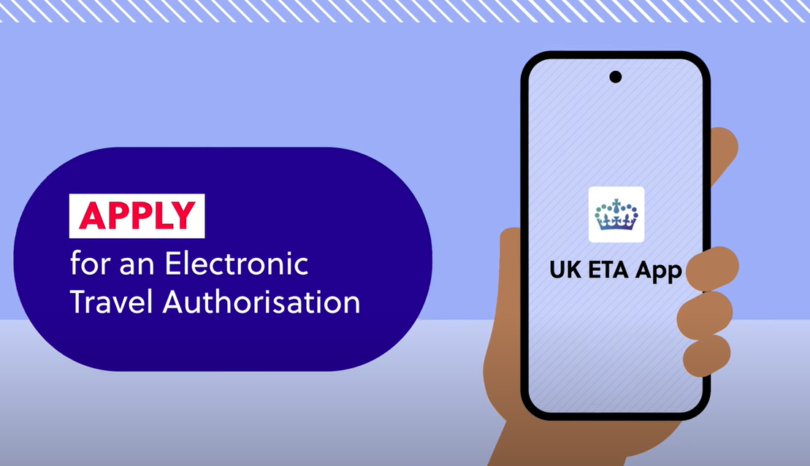As of Wednesday, all non-British passport holders travelling to the UK will have to obtain a visa called an Electronic Travel Authorisation or ETA.
Applications are made online or via an app and information can be found here.
Travellers will need a valid passport, a recent passport photo and be able to pay by card.
The visa will be valid for two years, unless the applicant’s passport expires sooner, in which case he will need to obtain a new ETA.
Those with valid ETAs can travel to the UK as many times as they like.
Currently, an ETA needs three days to be issued, however the Foreign Office is making efforts to issue the authorisation immediately.
Up until April 8, included, ETA will cost £10 or about €12, and as of April 9 it will cost £16 or about €19.
ETA is compulsory for anyone travelling to the country for up to six months. It is also necessary to obtain the authorisation if transiting in the UK and passing through border control before boarding their connecting flight.
It is not necessary for those with dual UK citizenship or people legally residing in the UK, including European citizens legally living in the UK after Brexit.
According to the Foreign Office, over 30 million travellers per year are expected to need ETAs.
The Foreign Office website explains that ETA allows one to come to the UK for up to six months for tourism, visiting family and friends, business or short-term study, come to the UK for up to three months on the Creative Worker visa concession, come to the UK for a permitted paid engagement and transit through a UK airport if passing through border control.
If travelling to the UK for another reason, the Foreign Office advises people to check if they need a visa instead.
It adds that ETA does not guarantee entry to the UK.
With ETAs, travellers cannot stay in the UK for longer than six months, do paid or unpaid work for a UK company or as a self-employed person, unless they are doing a permitted paid engagement or event or work on the Creative Worker visa concession, claim public funds (benefits), live in the UK through frequent or successive visits or marry or register a civil partnership, or give notice of marriage or civil partnership.






Click here to change your cookie preferences